Mental
Mastering Calm
5 Key Strategies to Cultivate Patience and Dissolve Stress
Decades ago, I decided that one of my principal intentions was to develop more patience. As a result, I am always mindful of my predisposition to lose patience with people, places, things, and, most of all, grocery store check-out lines.
Patience is a coping skill I find increasingly challenging to develop in the age of instant gratification. Since the onset of the electronic age, the preponderance of gadgets (phones, texts, email, Amazon) has encouraged an expectation that we should only accept speedy responses.
When I was trying to finish my first novel, my best friend, Pat, was ever present with her council: “Have patience, Joan. You won’t be able to get through this process if you don’t see the long distance.” Wise words. It is a reminder that the end is not the most important part of the process; you understand that the process is part and parcel of the end result.
The following are five guideposts that will help you re-direct instant gratification and develop more patience.
Transform Frustration with Patience by Letting Go
When a friend, or even someone you don’t know, remarks, “Have patience,” it might aggravate or offend you. You think, How dare that person intrude on my space and my feelings of self- righteousness?
But not everyone moves at your pace – the waitress doesn’t come to the table quickly, and people buying tickets at the movies take too long.
Your ability to let go and release the negativity from your heart, turning inward until your needs are met, is crucial to understanding and practicing patience. It’s emotionally freeing and a powerful practice that can move you into meditation until you receive the gratification you seek. Turn the Negative into a
Positive Patience
When things aren’t moving the way you want them to, when frustration obstructs you or renders you ineffective, when you have to delay gratification, your first response is to get angry or be disappointed. Yet, this is an opportunity to turn the negative into a positive. Re-set a mantra or an intention, and shine a light on your family and their needs. Meditate on giving gratitude, possessing joy, and living a stress-free life.
Learn to Adapt with Patience
The easier you adapt to situations with patience, the easier your life will be. Change and growth will follow. Abu Said, a famous 14th-century Sufi poet in the Persian Empire, gives sound advice on adapting with patience: “Take one step away from yourself and lo behold! – the path.”
Abu Said advises you to get out of the way of yourself so you can see your life more clearly. When frustrated because things aren’t moving fast enough, detach from the situation to gain perspective and note how your stress level diminishes.
Better Relationships Through Patience
It is true that in difficult times if you practice patience, personal growth will occur. Patience is your path when you face challenges as simple as waiting in line or trying to understand a new idea. And when you have difficulties in a relationship, and hostilities increase, you heal with patience.
Patience is an indication of how successful you will be in relationships. With patience, you can take one step away and move forward, gaining objectivity, resolving issues, communicating more effectively, and reducing stress.
Find Your Natural Pace with Patience
Life has a rhythm of its own – its ups and downs, its ins and outs – and is full of surprises. “Expect the unexpected.” The unexpected requires you to be aware and present to what is happening and put on the brakes if necessary to avoid unpleasantness.
People notice impatience. They can feel it in your mind and body. Transition the negative to the positive and discover a relaxed state of mind that will get you through the nerve-wracking moments in your day while reducing stress.


